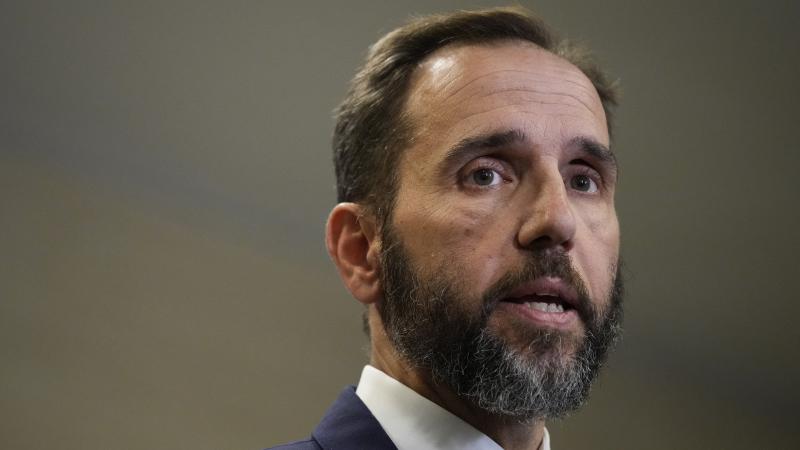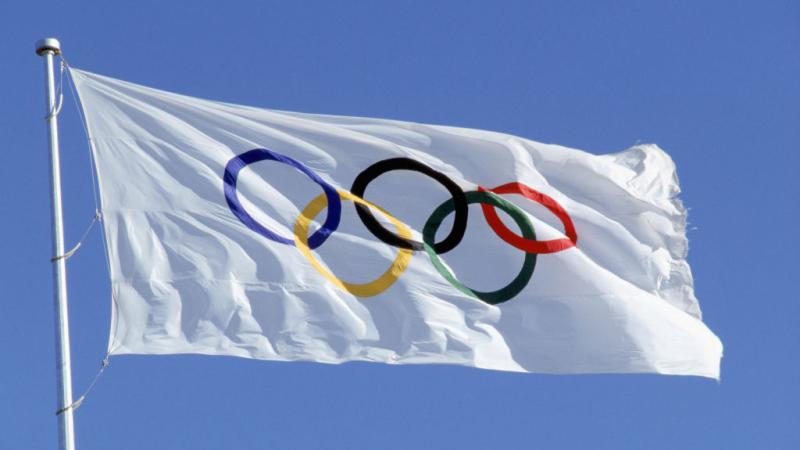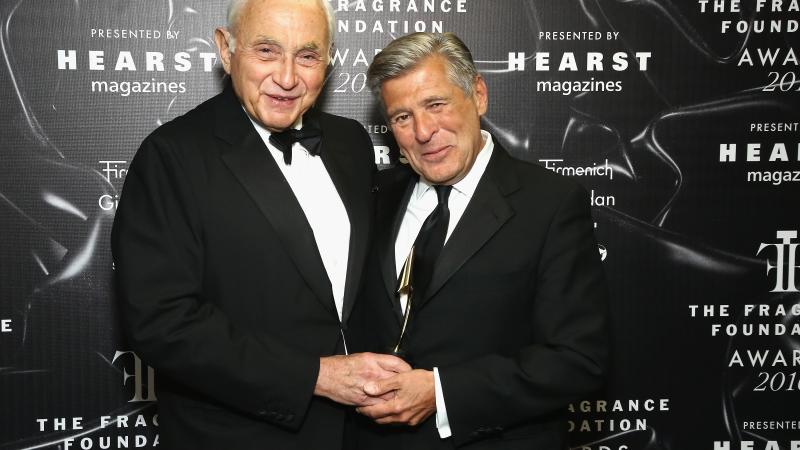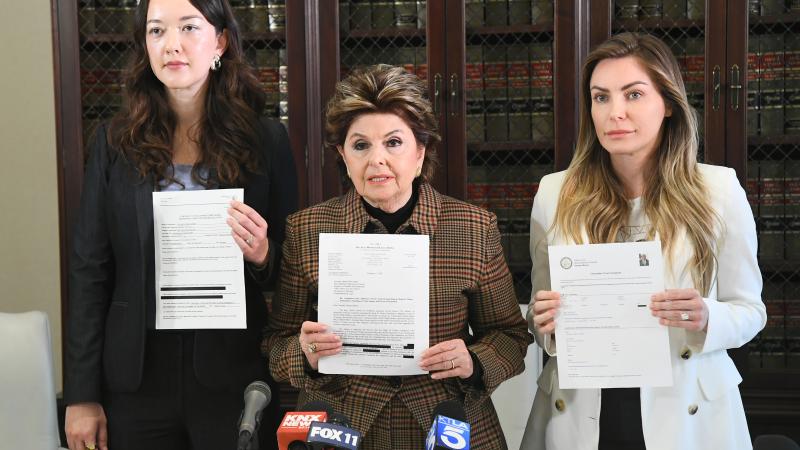Hunter Biden prosecutor refusing to cooperate with Congress, but adjusts earlier story
David Weiss, the Delaware U.S. attorney, now admits it’s possible he contacted other federal prosecutors as whistleblowers allege.
The lead prosecutor in the Hunter Biden criminal tax case is refusing for now to cooperate with a congressional investigation into IRS whistleblower allegations that the Justice Department substantially interfered with the investigation to spare the president’s son more severe punishment.
“I am not at liberty to provide the materials you seek,” Delaware U.S. Attorney David Weiss wrote House Judiciary Committee Chairman Jim Jordan on Friday in a letter obtained by Just the News.
“The whistleblowers’ allegations relate to a criminal investigation that is now being prosecuted in the United States District Court for the District of Delaware,” Weiss added. “At this juncture, I am required to protect confidential law enforcement information and deliberative communications related to the case. Thus, I will not provide specific information related to the Hunter Biden investigation at this time.”
You can read the letter here:
But Weiss did weigh in on two topics that lawmakers are concerned about since IRS supervisory agent Gary Shapley and a colleague made their bombshell revelations in recent weeks.
First, the prosecutor steadfastly denied he or the DOJ retaliated against Shapley and his entire IRS team, though Weiss did not address the core allegation that DOJ sought to remove the investigators from the Hunter Biden case after they started blowing the whistle.
“The Department of Justice did not retaliate against ‘an Internal Revenue Service (“IRS”) Criminal Supervisory Special Agent and whistleblower, as well as his entire investigative team... for making protected disclosures to Congress,’” he wrote.
But Weiss gave some new ground on a second key allegation by the whistleblowers: that more severe charges against Hunter Biden were blocked when Joe Biden-appointed federal prosecutors in Los Angeles and Washington, D.C. declined requests to seek tax evasion indictments in their cities.
Weiss previously asserted in an earlier letter to Congress that he had been “granted ultimate authority” to decide what charges were brought against President Joe Biden’s son.
But he wrote in the new letter it was possible he contacted the other two prosecutors seeking their help on indictments because he was “geographically limited” on where he could file charges.
“I stand by what I wrote, and wish to expand on what this means,” Weiss wrote.
“As the U.S. Attorney for the District of Delaware, my charging authority is geographically limited to my home district,” he added. “If venue for a case lies elsewhere, common Departmental practice is to contact the United States Attorney’s Office for the district in question and determine whether it wants to partner on the case. If not, I may request Special Attorney status from the Attorney General pursuant to 28 U.S.C. § 515.
“Here, I have been assured that, if necessary after the above process, I would be granted § 515 Authority in the District of Columbia, the Central District of California, or any other district where charges could be brought in this matter.”
Shapley has told Congress and Just the News that after the Washington and Los Angeles prosecutors appointed by President Biden declined prosecution, the DOJ allowed the statute of limitations to expire on felony counts that would have charged Hunter Biden for evasion back to 2014 and on monies he received from a controversial Ukrainian oligarch’s firm.
Shapley said agents had evidence that Hunter Biden failed to declare more than $8 million in income over several years and avoided more than $2 million in taxes.
Hunter Biden’s lawyers and Weiss have announced the presidential son will plead guilty to two misdemeanor charges alleging he did not pay a few hundred thousand dollars in taxes in 2017-18.
















